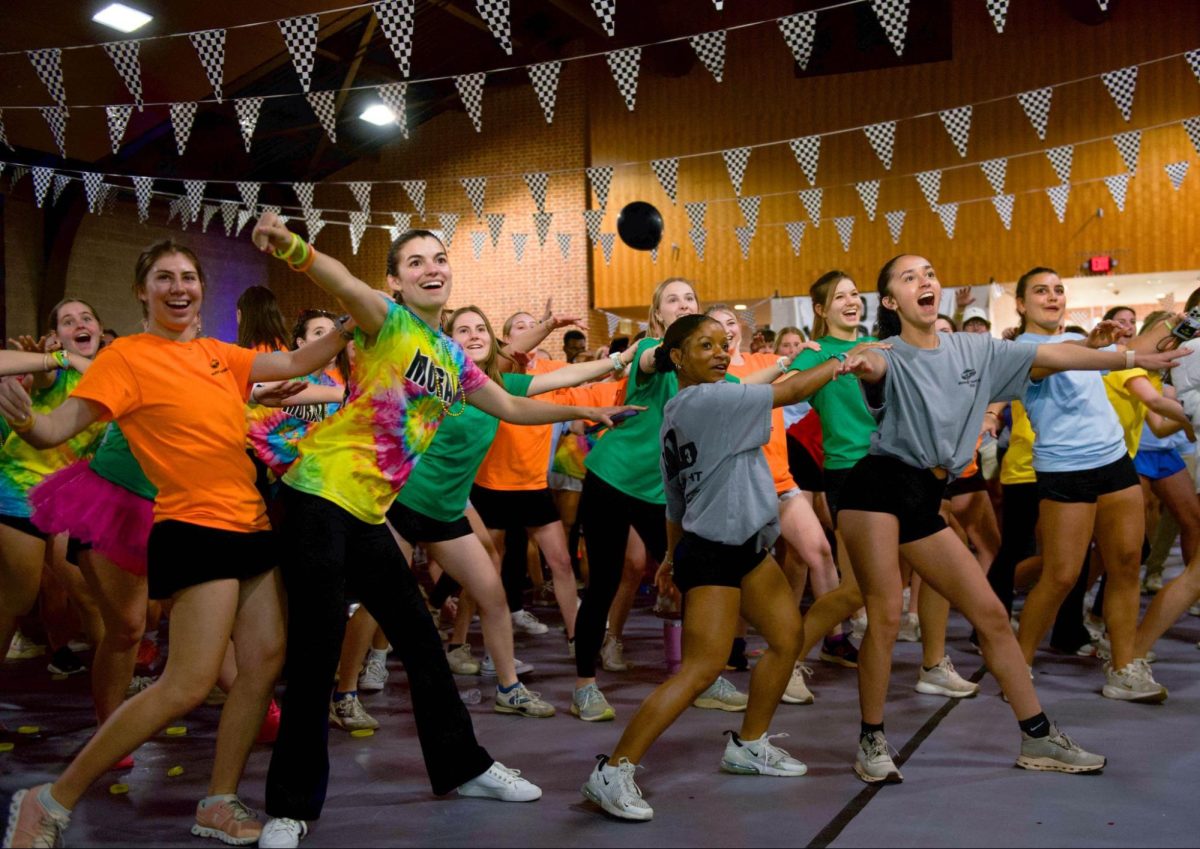I wrote last week that my release from social media returned me to intellectual clarity. That I no longer have to hurdle over oncoming obstacles of images like the Google error bot has afforded me not a small amount of introspection. Though still beleaguered by innumerable articles, books and streamable content, a large portion of my mind is now free to wiggle and bore down. At least, I’d like to think so.
But my freedom had a catalyst aside from my antsy, incomplete thought patterns. The desire to unchain myself from Snapchat, Instagram, et al. was also pressured by the rich and difficult promises presented by academia. By academia, I mean the people in it — my professors — who, perched on the intellectual horizon, clarify, by degrees, its fuzziness. The more time you spend with them, the more your brain blooms like fire. When here at school, I’m at my sharpest, engaging with a history of ideas on a critical and creative level that, no matter how I fight it, wanes when I am not swaddled by minds warm with knowledge. Plato said that to learn gives the liveliest pleasure, and as I am continually exposed to literature, theory, knowledge networks and aphorisms, I gain the pleasure of insight. It is a kind of endless, additive evolution that spins an increasingly complex web of influence and ideas. In part, it is this endlessness that pushes me to read and refine, to hone my intellect as hard and as often as I can, because of the knowledge that there are people infinitely smarter than I. It’s a productive pressure, always latent, oftentimes viscerally felt, that forces me to thoughtfully expand. Often I’ll merely squint out a window for a period of time, trying to synthesize diasporic thoughts before they evaporate. Other times, I’ll get red-faced and try to articulate those unassimilated thoughts to the class.
But even so, those processes would not be able to unfold if not for their inspiration. However loosely, I’m able to tangle ideas from the literature with semi-memorized quotations or fingerling notions. This leads me, like a hungry sheep trailing a group of intellectual shepherds, to a set of obscure revelations. It’s a thrilling, often frustrating process of revision, connection and brief ecstasy. By ecstasy, I mean ekstasis, which, in the etymological sense, implies these various volts take me outside of myself and briefly relay the infinite. The perpetual contest for clarification elevates my thinking and in turn sophisticates my writing. Predictably, the rub often occurs when a fledgling complexity oversteps my facilities with language. But that difficult alignment, too, piecemeals a depth of understanding that attunes me to the voices of artists and to the one inside myself. The complexity (or confusion) of an idea can sometimes only be evident, to myself and others, in my own inability to clarify it. The written refinement, a matching sought through a sea of possible words, formulates articulate footholds to return to.
To become a good writer, one must know those who came before them. Malraux said as much, commenting that “every young man’s heart is a graveyard in which are inscribed the names of a thousand dead artists but whose only actual denizens are a few mighty, often antagonistic ghosts. The poet is haunted by a voice with which words must be harmonized.” I’m still sorting out the ghost bit, with a few stabs at turning “pastiche into style,” as Malraux continues, but am nonetheless invigorated by the process. The best professors (all my English professors) have a better handle on these ghosts than I, but are comfortable infecting me with their “antagonistic” genius. My hunger pushes me like nothing else to collect, synthesize and articulate a universe of thought. The mark of a good professor is one whose informed oration, to some degree, intimidates students into intelligence, in a dance of smart and smarter. Hunter S. Thompson borrowed this from Don Quixote for his unpublished book Polo Is My Life, which expresses my addiction to smarter people: “Arms, my only ornament — my only rest, the fight.”














